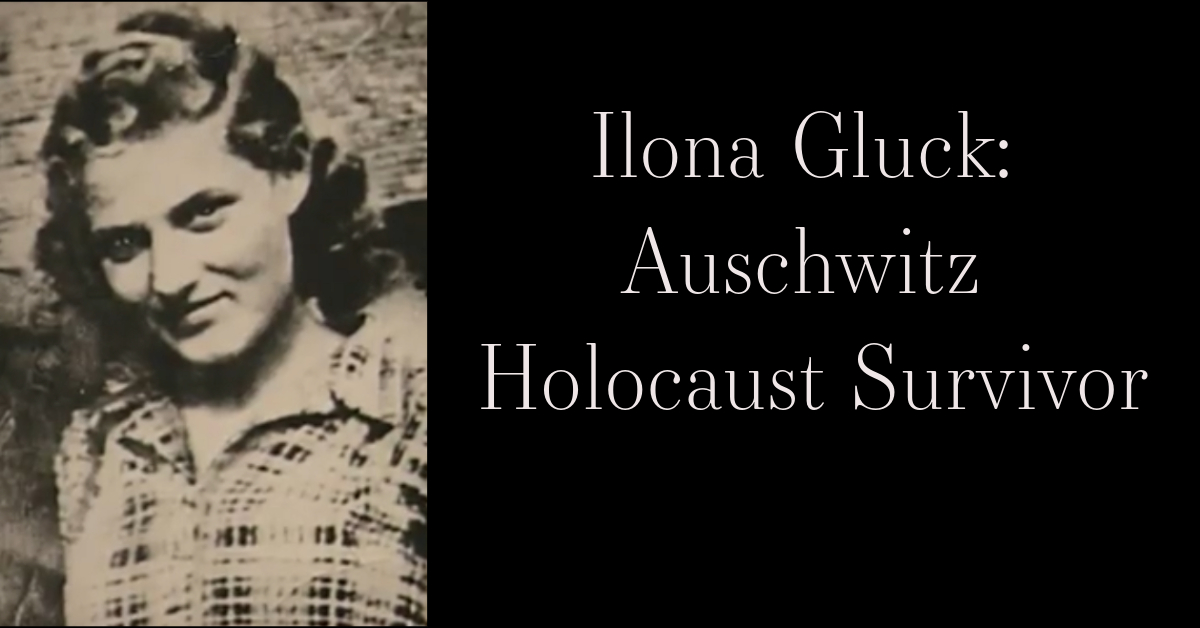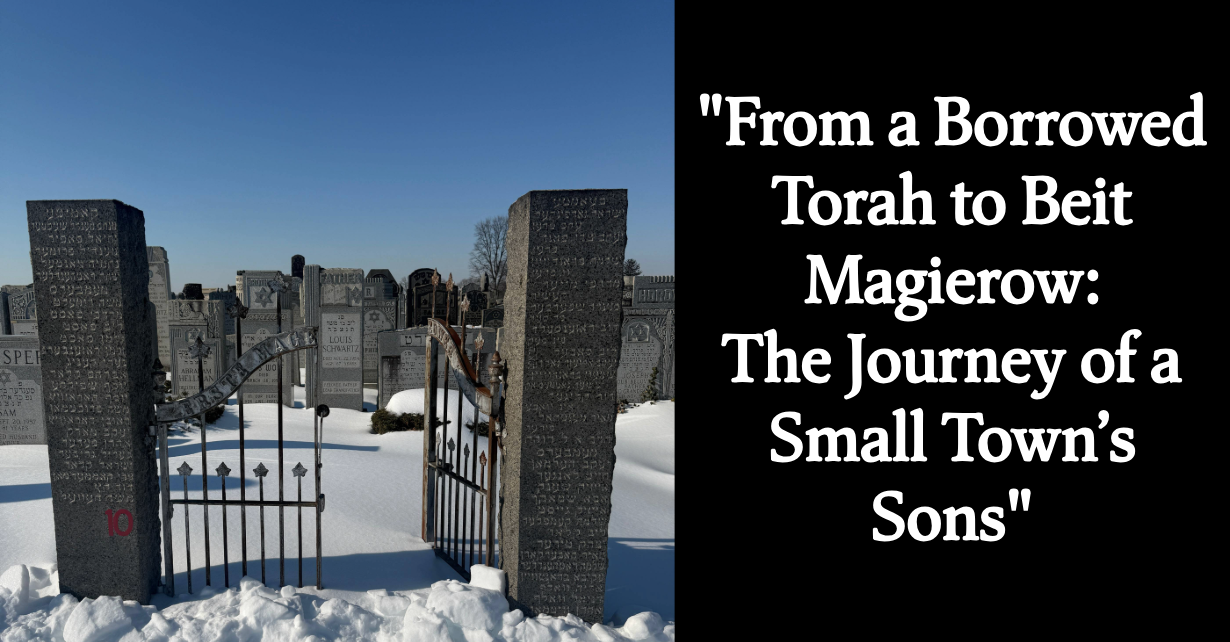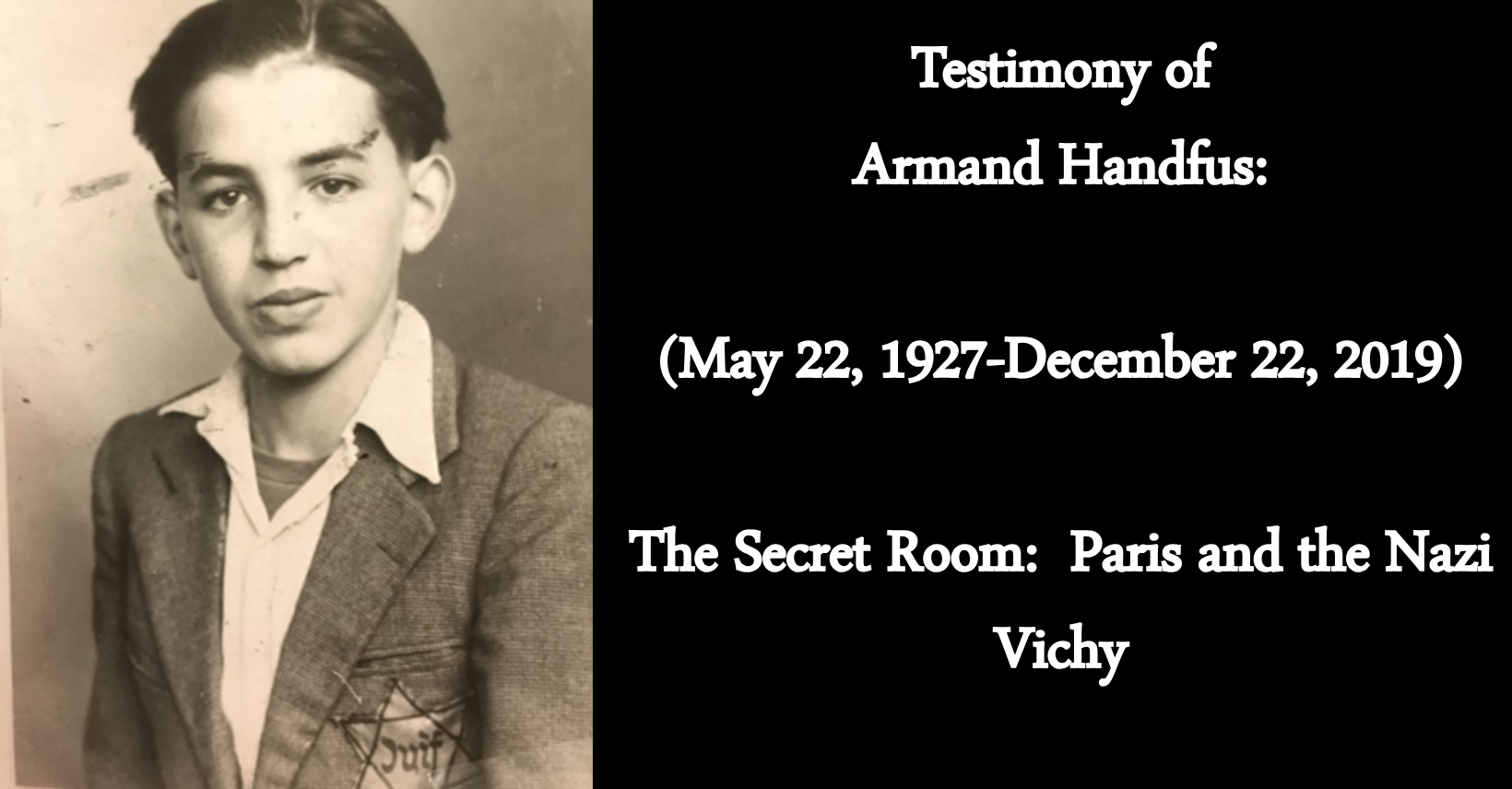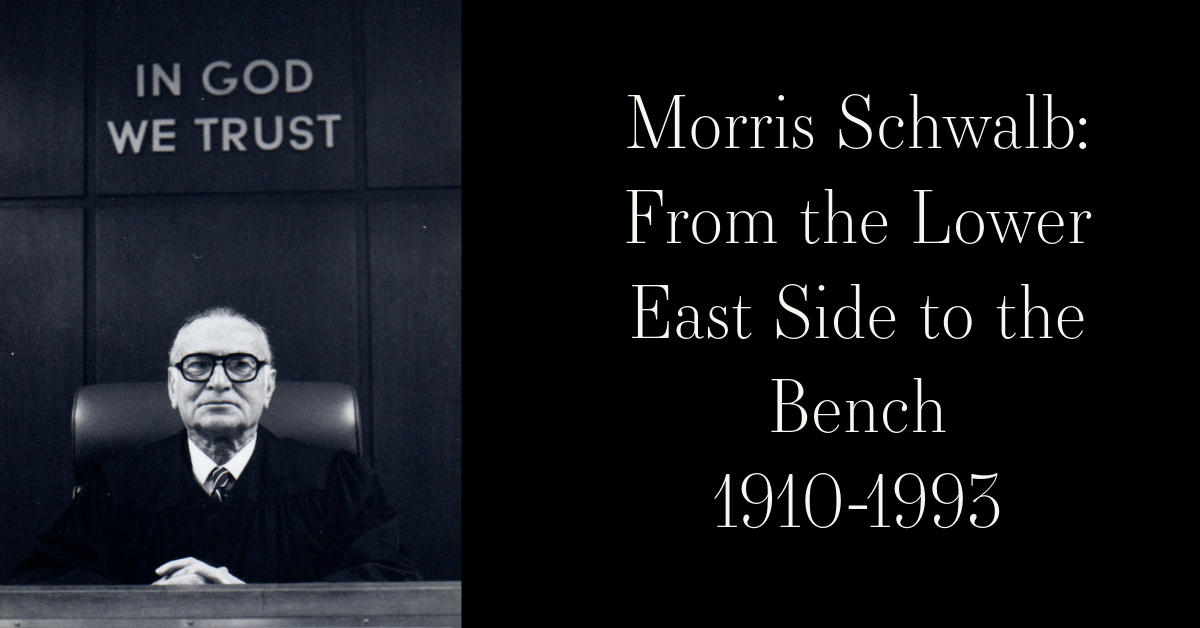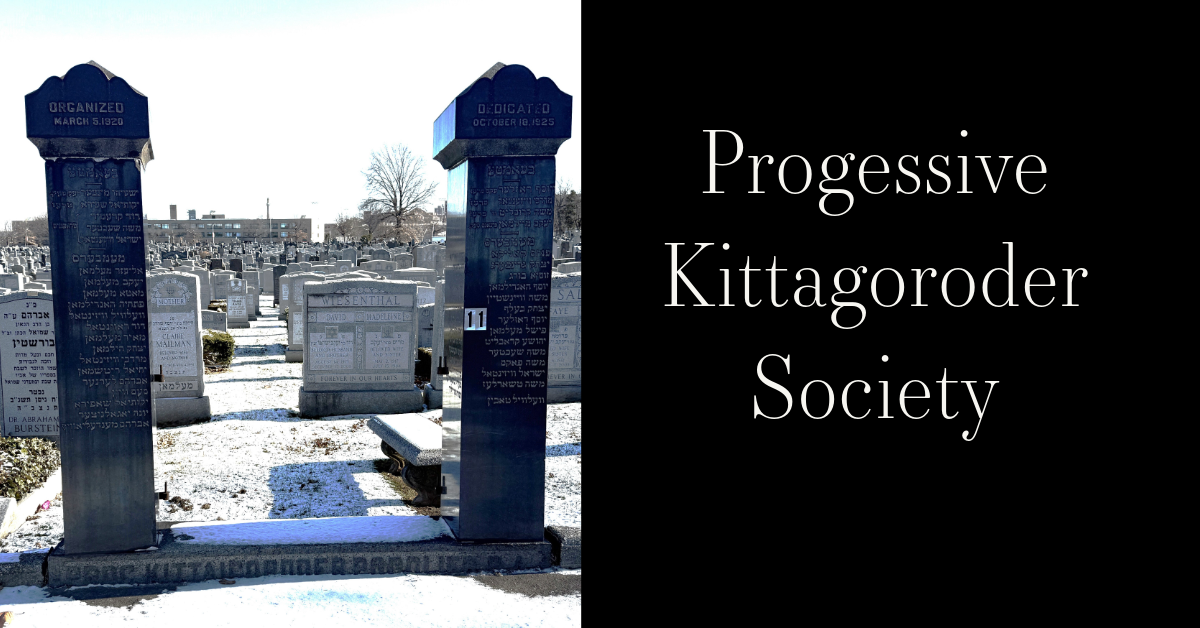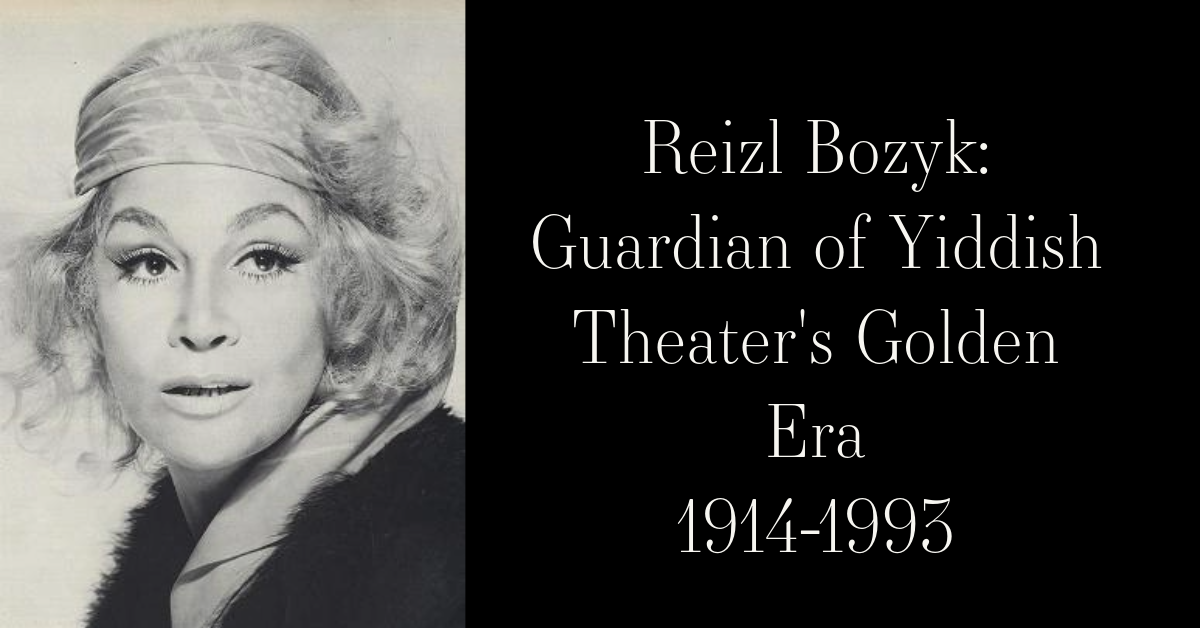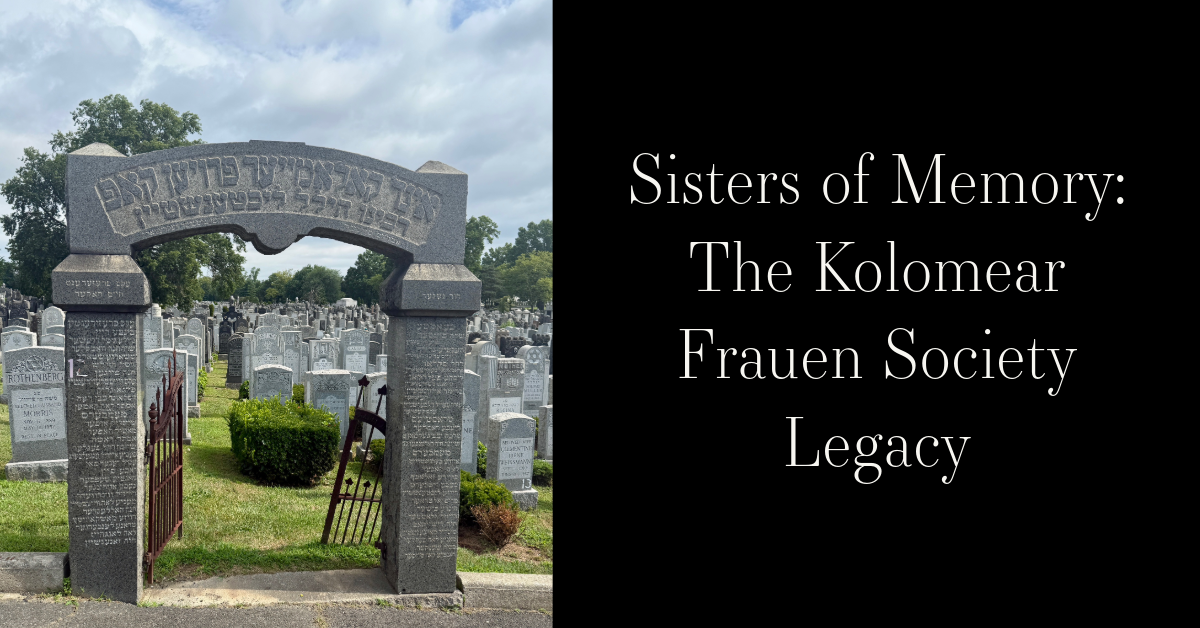Ilona Gluck: Aushwitz Holocaust Survivor

In the Berehove town in Czechoslovakia on July 15, 1920, Ilona Gluck was born to Rosa and Bernard Zicherman. The life that Ilona was born into was one of happiness and good. The town itself wore a smile, for everyone was friendly with one another. They were fortunate to have a beautiful home where they hosted many guests. Ilona has positive thoughts about her family and childhood as those memories shine brighter than the rest. Ilona recalls fondly going to shul with her grandmother on Shabbat and how her family celebrated all the holidays.
Ilona was a self-sufficient girl, as she learned everything she needed to know from her mother. One thing she remembers to this day is that her parents taught her to be friendly to everyone she met. Her friendships did not extend only to Jews but to non-Jews as well. The life she lived was one other might have perceived as perfect; however, that was far from the reality, but she would not have known that yet.
| |
| |
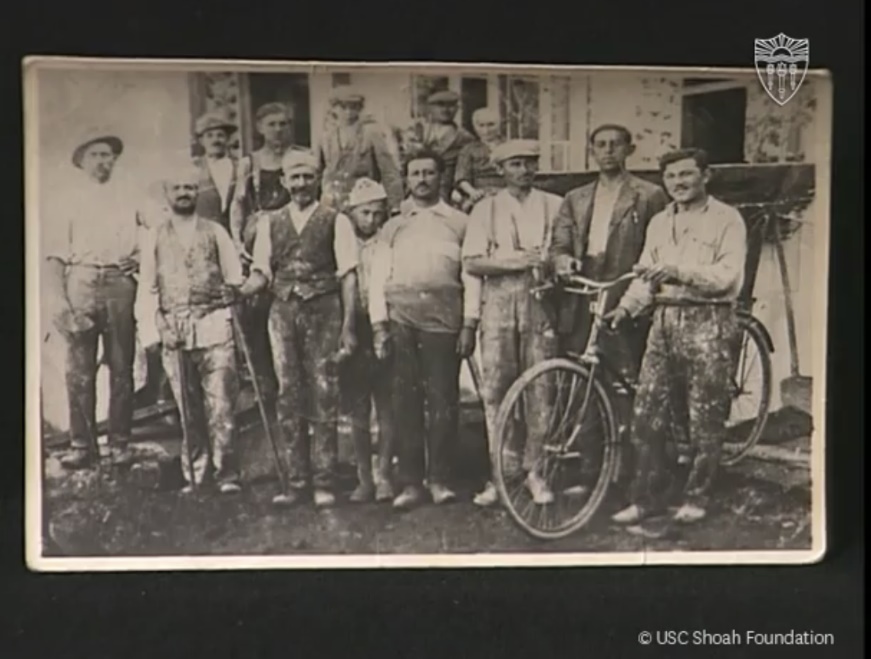 |
Ilona’s life continued its glorious path until her mother fell ill and was instructed to stay in bed. It was up to Ilona to pick up the slack and do the things that her mother could no longer do. It was during this time that Ilona first heard about Hitler. The people around her began discussing what was happening and how Hitler was taking the Jewish people. No one could believe the words that were spoken, for they simply couldn’t fathom that could be a reality in anyone’s world. They felt they were safe in their bubble of Berehove. Alas, their daydream was shattered, and Hitler entered their lives just as he did the ones of the Jews they heard about.
Her first encounter with the horrors of what Hiter being in their circle meant was when the Hungarians came to her house one night and took her brother Abe. He was taken from their home and hit. She recalls vividly her brother coming home after with a swollen face. He recounted what had happened to him; the Hungarians accused him of things that were not true, and then they hit him. “It was very hard to see him like this,” Ilona said with tears streaming down her face. They did not understand what was happening and how people could be so cruel.
Not too long after, the Hungarians came to their house again to take them all away. Her family was separated; she was with her mother and her sister with her father. They took them to a synagogue where they would reside for two weeks. One story that stands out to her most from this time was when she was told to take off the watch that she was wearing. The watch was beloved to her, and she would not comply, responding, “No, it is from my birthday. I will not take it off.” Her mother, watching this, yelled at her to take it off and give it to the officer, but she would not budge. The officer got angry at her reply and approached, hit her in the face, and took it off her. She remembers this story as clearly as if it happened yesterday, for it left an imprint on her mind. Since her father was in another place, she did not see him again after this.

After leaving the synagogue, all the people were taken to their next stop: the cattle cars. In Ilona’s words, “where they take the cows.” The cattle cars were enclosed with no food or bathroom. Many people were crying because the conditions were terrible, and they had no idea what was happening. They traveled in cattle cars for 2-3 days until they reached Auschwitz. They got out of the cars, unsure what to expect, and what they saw only furthered their confusion. The site in front of them could not be forgotten. It was beautiful, and to add to it, music played. No one understood what was happening as they couldn’t have imagined they would go to a beautiful place after their horrific journey in the cattle cars. They did not know this was just the beginning, and they were about to find out what they were truly in for.
Next, they came to the “right” place. This was the point where everything started to tumble. They stripped everyone of their clothes and hair and gave them striped dresses instead. Then began the selection of going to the left or the right. The right was the right, and the left was those who were sick sent to the crematorium. She had come to the line holding onto her mother, for she would go wherever her mother went. The guard pointed to the left for her mother, and she followed. She was pulled by her ear away from her mother and told, “You stupid, go to the other side.” She had no choice but to listen. That was the last time she ever saw her mother.
The name of the barracks that she was in was Beloger. The barracks were bare bones, housing only wood bunk beds on which the girls slept. There were around 200-300 girls in the barracks Ilona was in. Everyone looked terrible, as all they had was the dresses they were made to wear and the number that was assigned to them. The food they got was minimal, sometimes only a piece of bread. People would eat potato peels to get more sustenance in their bodies.
While she was walking to get food in the camp, she bumped into her sister, Fonica. She had been separated from her sister for a while, so she was filled with joy when she reconnected with her. Neither sister wanted to part from the other, so they agreed to stay together. Ilona recalls how she used to go to her sister and give her one piece of bread so that she could have food. They worked together in the camp, and she made sure to help her sister and take care of her. It was known that if anyone was sick, they would take them away to the gas chambers, so she did anything in her power to ensure that did not happen. Everyone knew about the gas chambers because they could smell the burning. She promised herself that whatever happened to her sister would happen to her, too. If they came to take her sister, she would go with them. They continued to work at the camp for the military with the machines. It was very apparent that Ilona had been working because she got bumps under her arms, which did not go away until she got used to working.
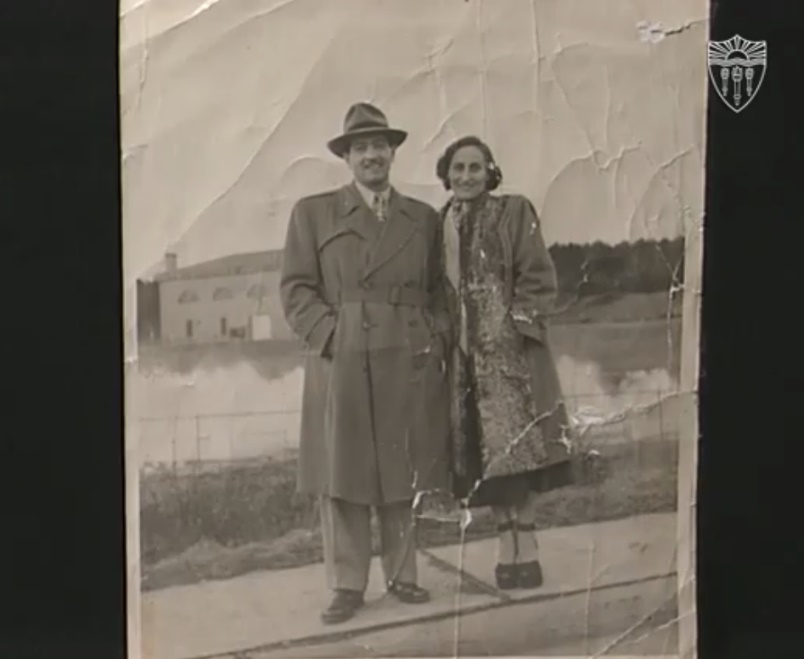
As if it wasn’t hard enough to work without much food, the German women were not nice to them either. They would eat good food in front of the Jews so that they would see they had it, and they didn’t, which only made things worse for them. While the life behind the gates of Auschwitz was terrible, the officers told the Jews to write letters to the Christians telling them how good they were. They wanted everyone to perceive what was going on as a good thing, for no one truly knew what was happening behind the fence of hell.
The next camp they went to was Mauthausen, which took them about two weeks to walk to. Horrible is not even the word that can be used to describe the scene at this camp, for people were just falling all over. Some people came to the camp and gave them food, but many died because their stomachs could not handle too much being in it. Ilona remembers the scene in Mauthausen was beyond awful. While in this camp, her sister was very sick and needed to be hospitalized. She was also ill at this time but did not need the hospital. She could not see her sister while she was in the hospital, so she had no idea what was happening to her. She was eventually told the heartbreaking news that her sister had died. Although she was still very sick, she was able to pull through and survive this camp.
It is unclear how she was liberated from the camps; however, once she was, she returned to her homeland and home. When she got home, she was surprised that her brother Dov was already there. They went into the town and spoke to the locals to hear what they had to say, but it was no shock as to what they had to say. They said when the Jews were taken, the town was a ghost town. The Jews were an integral part of the town, so the city felt dead and empty with them gone.
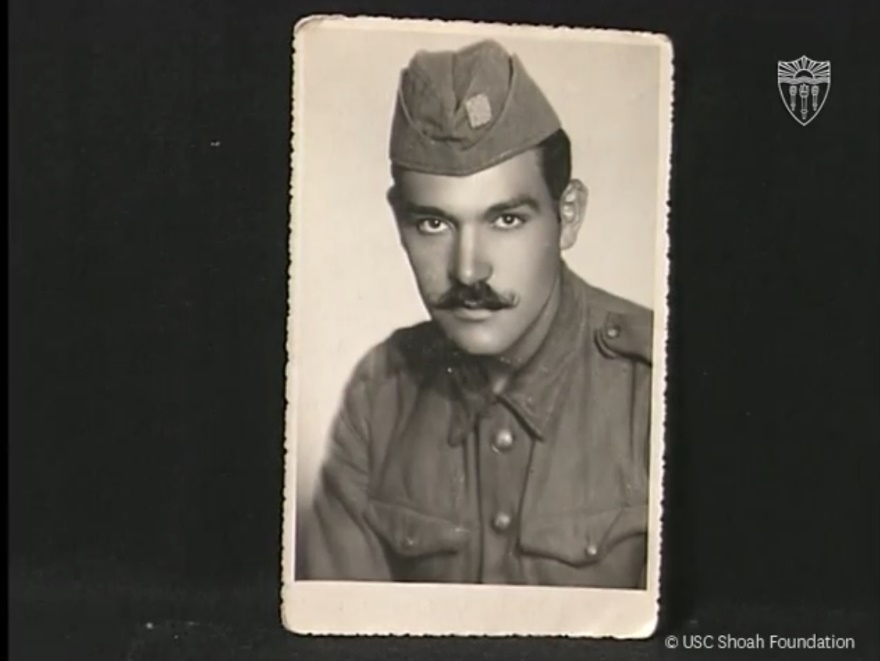
After being in her hometown for some time, she continued to Germany, where she went to a camp that Jews ran. At this camp, the people spoke about all that went on during the war and everything that they had gone through. Although she liked this place, she wanted to go to the United States, so she was waiting to get papers. Once she got the documents and arrived in America, she kissed the earth and said, “G-D bless America.”
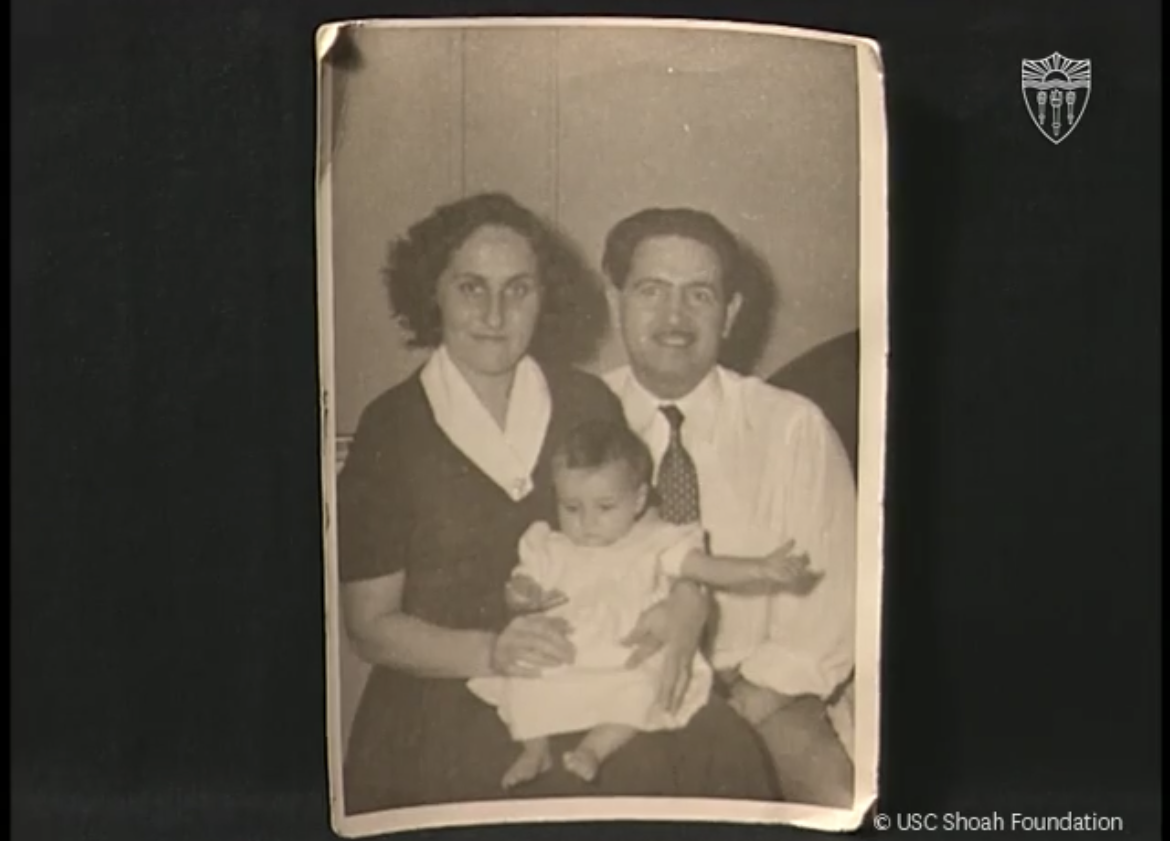
America was a great place for Ilona; she loved it. She got married in 1950 to Joseph Gluck. They had two daughters, Regina and Barbara. She shared her story of the Holocaust with her daughters because she wanted them to know what she went through. Similarly, she wants to share her story with people because she says, “I want people to know what hard things I went through and continue to go through, and here I am surviving.” Ilona believes she survived because of her faith and because she was strong. It is important to her that people know about what happened in the Holocaust. As it gets further from when the Holocaust happened, it becomes forgotten, and Ilona does not want that to happen.
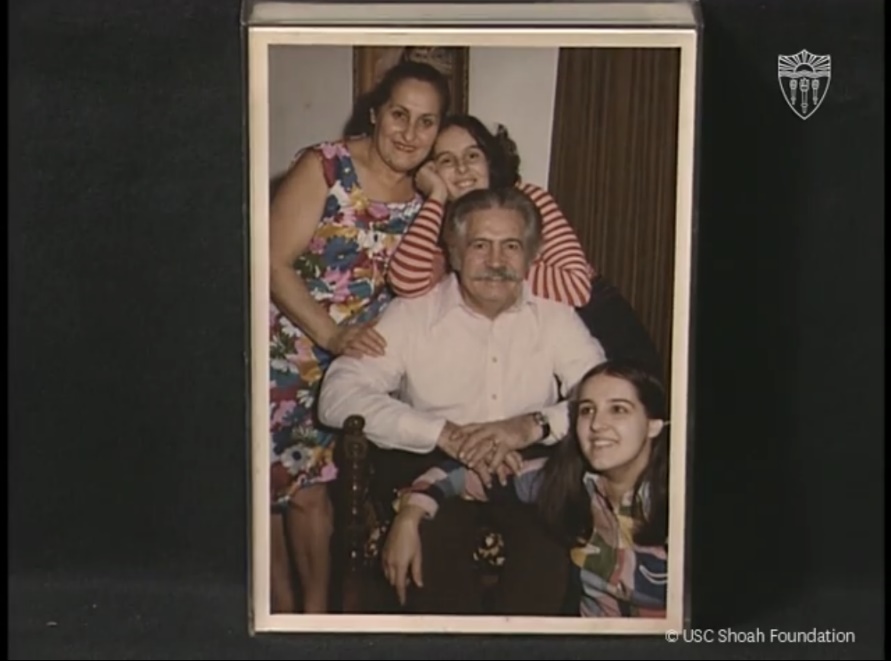
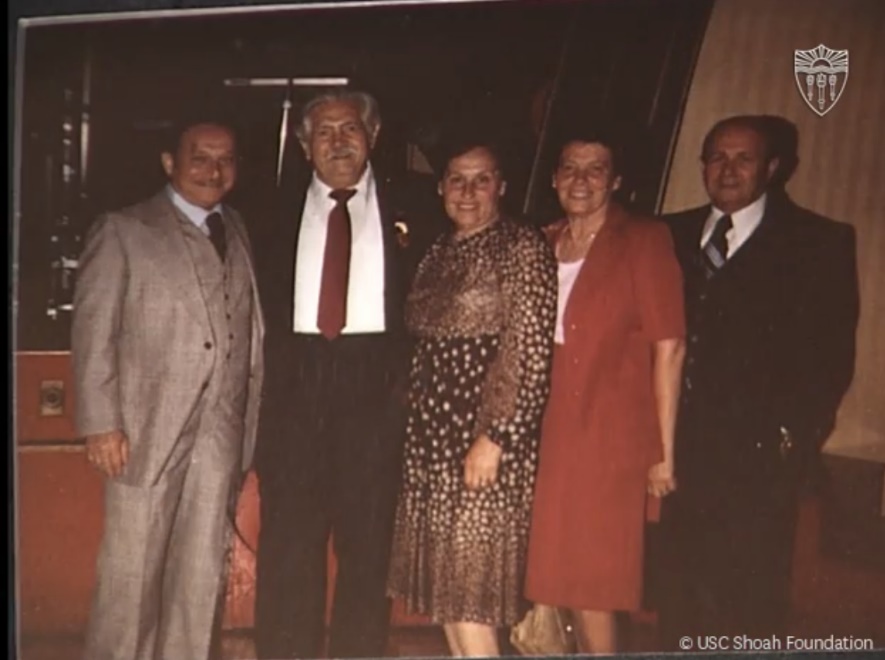

On September 13, 1998, Ilona passed away. Ilona was a strong woman who endured grueling times that no person should ever endure. From her time in the camps to dealing with family deaths and a sick daughter, Ilona persevered no matter what came her way. Her life is an inspiration to her family and all those who hear her story.

Reference:
https://sfiaccess.usc.edu/Testimonies/ViewTestimony.aspx?RequestID=5e84eb1d-f1e9-4636-bf5d-9bdc5323d90a
~Blog Written by Avigail Meyers


